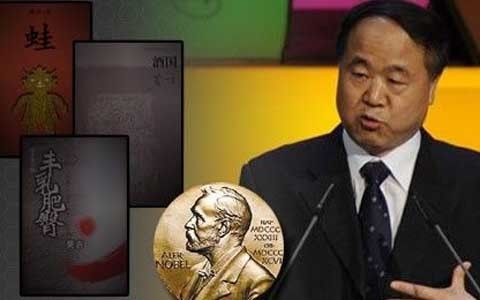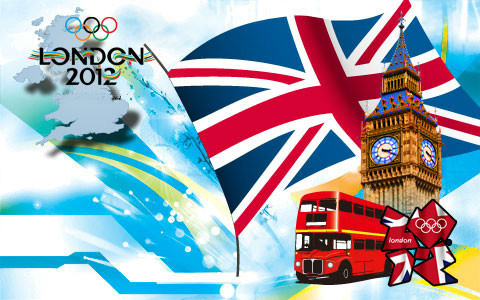
The Old System and the Great Revolution
Journalism
VISION CLUE
Popular Reading of The Old System and the Great Revolution
People's Daily Overseas Edition: Why did Wang Qishan recommend The Old System and the Great Revolution
Liu Feng: How popular are Tocqueville's books in China?

Encyclopedias
VISION BAIKE
What the hell does this book say

Duan Hongbin: The economic prosperity of the autocratic society has accelerated the arrival of the revolution

Blog World: Revolutions often break out in the "lightest place" for tyranny

Fu Xian: The strangulation of the middle forces in the society makes the reform disorderly and brutal


Wang Yan: The public cannot participate in public affairs, and will eventually become more and more selfish

Gao Yi: Pursuing freedom is more important than pursuing equality
story
VISION STORY
The practical significance of the old system and the great revolution

Han Zhu: Historical experience can be used for reference, and China and France are incomparable

Qin Qianhong: The enlightenment of the book "The Great Revolution" is that any reform attempt must adhere to the protection of freedom















